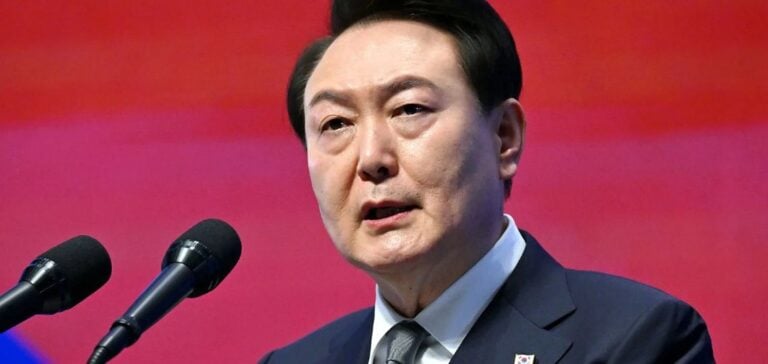South Korea, facing a significant political crisis, continues to uphold its international commitments regarding oil exports. While some disruptions are possible in domestic logistics, the country’s private refineries maintain stable flows to their Asian and Oceanian customers.
A Stable Oil Market Despite Political Tensions
The martial law declared by President Yoon Suk Yeol on December 3 raised concerns over potential impacts on infrastructure and industrial operations. However, this measure was annulled by Parliament just hours after its announcement. Private refineries, the main producers of fuel in South Korea, quickly reassured their foreign clients: political tensions do not affect production or exports of refined products.
According to Korea National Oil Corp., South Korea exported 346.05 million barrels of refined petroleum products between January and October 2024, marking a 7.8% increase compared to the same period in 2023. As Asia’s largest net exporter of petroleum products, South Korea plays a critical role in supplying gasoline, diesel, and kerosene to the region.
Exports Backed by a Robust Private Sector
South Korean refineries, including SK Energy, GS Caltex, S-Oil, and Hyundai Oilbank, operate within the private sector and are largely independent of political influences. These companies, which process an average of 3.4 million barrels of crude oil per day, export approximately 40% of their production to international markets.
Refinery officials have emphasized the resilience of their economic model. “We have strong agreements with our crude suppliers and foreign customers. This stability is unaffected by domestic political events,” said a senior executive at one refinery.
Union Strikes and Impact on Local Distribution
While international exports remain stable, the domestic market could face logistical disruptions. The Korean Confederation of Trade Unions (KCTU) has announced an indefinite strike to demand the resignation of President Yoon. Although most strikers are from the public transportation sector, significant participation by truck drivers could slow fuel distribution domestically.
In 2024, domestic consumption of refined petroleum products in South Korea reached 251.4 million barrels over the first ten months. If strikes escalate, delays in gasoline and diesel deliveries could occur in some areas. However, experts estimate that the overall impact on the domestic market would remain limited.
Reassurance for International Trade Partners
South Korean refineries have reiterated their commitment to international partners, highlighting that their operations remain uninterrupted. “Foreign markets know that we honor our commitments regardless of circumstances,” stated an international sales executive.
Asian and Oceanian stakeholders can therefore continue relying on South Korea as a key supplier, despite the tense political environment.





















